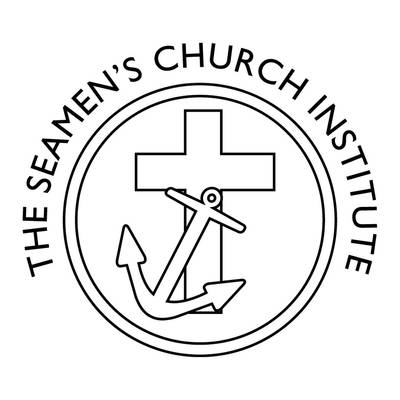SCI Publishes Shore Leave Survey
With Maritime Labor Convention (MLC), 2006 in force, one might expect to see a reduction in the number of seafarers without visas; yet, recent data collected by the Seamen’s Church Institute (SCI) shows that not only are shipowners failing to pay for crewmember visas as required by the Convention but also flag states are failing to enforce the requirement.
Shore leave significantly improves seafarers’ health and the safe and efficient operation of a vessel. The SCI’s Center for Seafarers’ Rights collected data pertaining to seafarers’ access to shore leave for the thirteenth year in a row as part of its annual Seafarer Shore Leave Survey, asking port welfare workers in 27 ports across the United States to monitor seafarers’ shore leave on vessels they visited during the last week in May. Results show the large majority of seafarers denied shore leave are denied it because they lack visas.
This year’s survey was the first SCI has conducted since the Maritime Labor Convention, 2006 (MLC, 2006) came into force. The MLC, 2006 was in force in 37 countries during the survey week. Standard A1.4 Section 5(b) of the MLC, 2006 requires shipowners to pay for seafarers’ visas. Furthermore, flag states must verify shipowners’ compliance with the MLC, 2006 recruitment and placement requirements, which include Standard A1.4 Section 5(b), before issuing a Maritime Labor Certificate. Ships registered in countries that have ratified the MLC, 2006 must have a Maritime Labor Certificate before they can sail. The survey showed that flag states are not enforcing the MLC, 2006 requirement for shipowners to pay for visas. Approximately 79% of the seafarers denied shore leave for lack of visa served on ships registered in countries where the MLC, 2006 was in force.
Even for some seafarers who have obtained visas, gaining access to areas outside the port can be expensive and strenuous. Many seafarers must rely on transport from local sources. Seafarer welfare organizations, like SCI, frequently provide free-of-charge escorted transportation, but at times terminal operators restrict access by these organizations to the docked vessels. Not all ports have seafarer welfare organizations; and in some terminals, seafarers must pay a private company—usually at great cost—to escort them instead.
The results of SCI’s Seafarer Shore Leave Survey document terminal policies that affect chaplains’ or seafarers’ access and other restrictions preventing shore leave. The Report also offers observations on how to alleviate some of the issues. Download the complete survey results at http://smschur.ch/shoreleave2014.
seamenschurch.org














